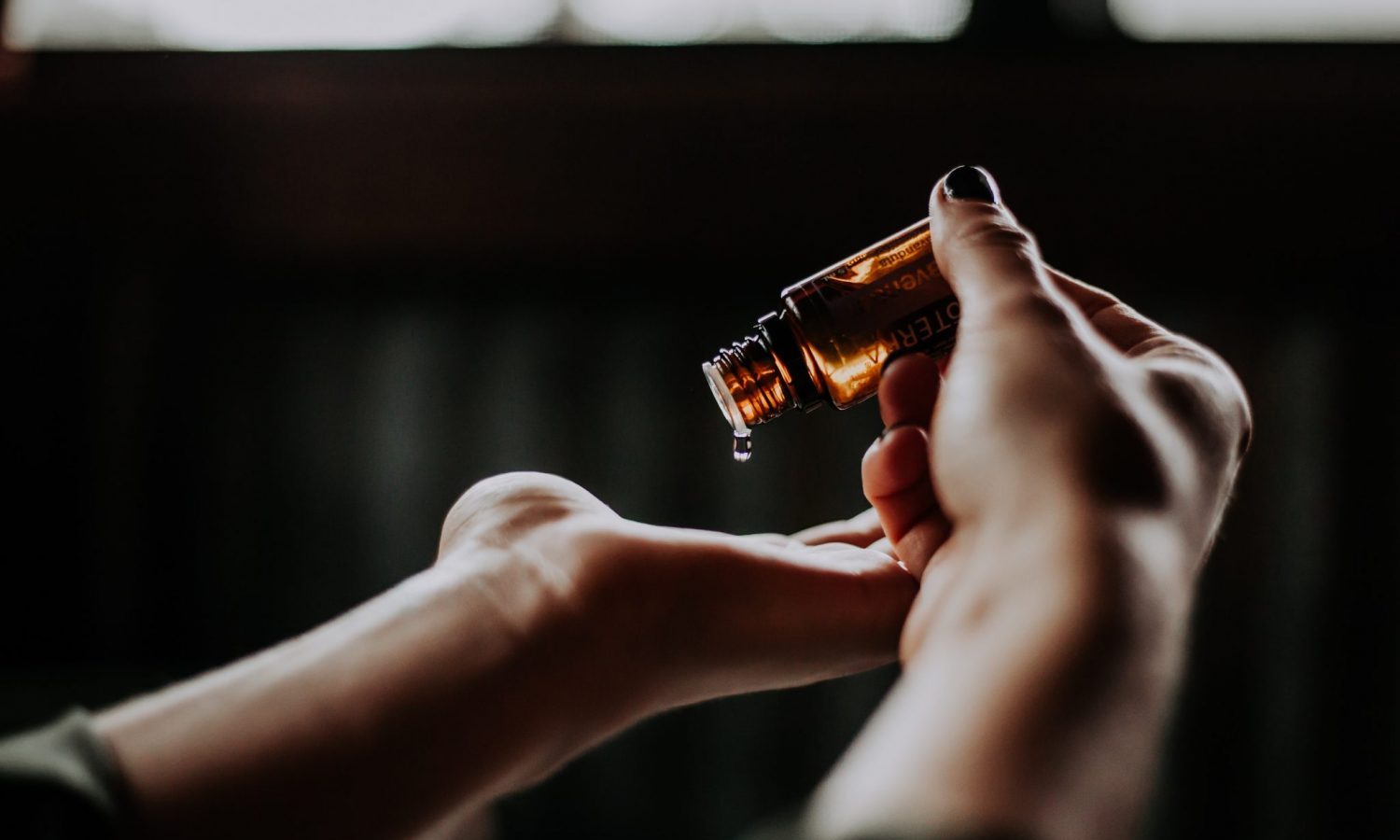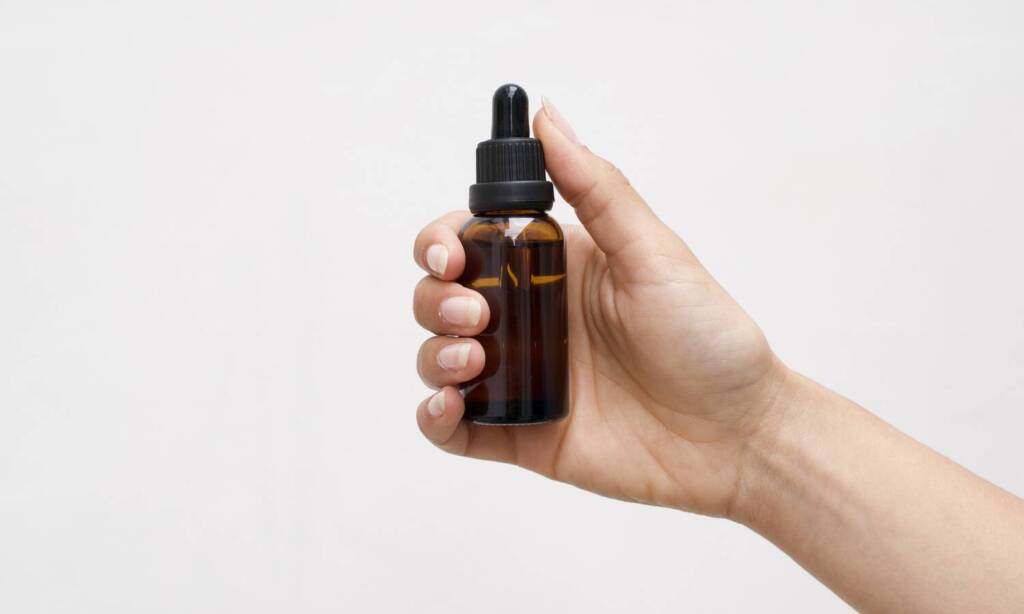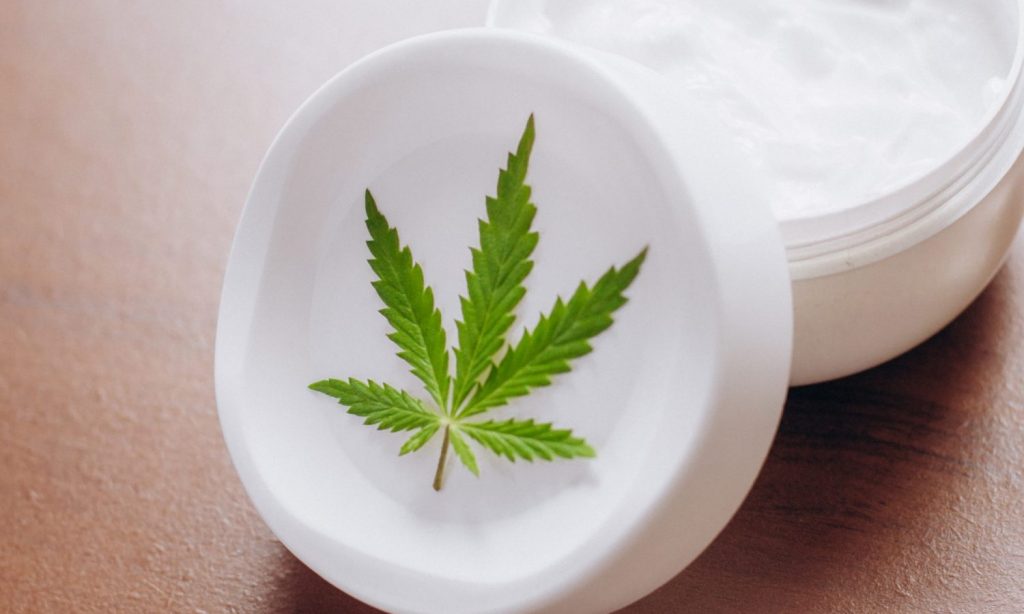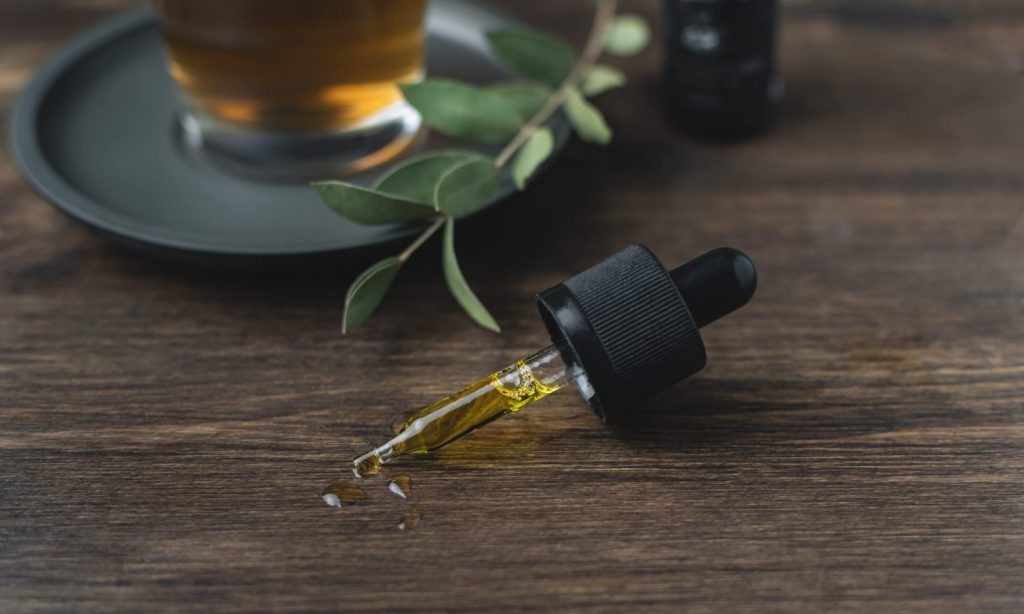
This article originally appeared on Cannabis.net and has been reposted with permission.
Just like with any other product on the market, there will be significant differences when you buy cheap vs. expensive cannabis.
A new analysis from Leafreport has just proven this, though we didn’t expect them to find such a huge difference. Leafreport has already been doing analyses every 6 months to provide consumers with a glimpse of the current CBD market, including helpful data such as thorough pricing studies that help in comparing over 3,000 CBD products made by over 100 brands.

Their CBD reports have proven valuable for consumers as well as industry insiders because the market continues to grow and it has become challenging to decipher which products are worth spending our hard-earned money on.
They discovered that there is a 5,100% difference when comparing the cheapest and the most expensive CBD items on the market. CBD isolate is currently the lowest priced product on the market, which they found to be 19% less priced on average compared to when they obtained the same data on April 2021. Meanwhile, capsules were the product that saw the biggest price increase in the same period, which spiked 2.55%.
The biggest price difference was found to be in the topicals category, where the most expensive product was 11,142% different from the cheapest. They also found that Industrial Hemp Farms was the brand with the most economical products in general, for the second time in a row while Kushly was the most expensive brand. The 5,100% difference was discovered to be the biggest disparity in the industry, which they found in edibles.
Pricing Factors
Leafreport spoke to Laura Fuentes, Green Roads CBD Chief Officer of Science and Innovation, about the factors that affect pricing. “Companies like Green Roads that spend heavily on top-quality raw materials, independent testing, and other best practices, will naturally be more expensive than other brands that skip those steps – and expense – completely,” she says.
“If you review the pricing on all the top players in the industry, the pricing gap isn’t that big because most follow the same production process and have similar costs. The gap starts to arise when companies who fly under the radar and don’t follow generally accepted manufacturing procedures turn up with lower prices; consumers should be wary of pricing that seems too good to be true.”
They also spoke to Mitch Meyers, a co-founder of BeLeaf Life Oils, who stresses that consumers get what they pay for. “It is very important that people taking CBD for health and wellness purposes understand the company, the source of their hemp, and the testing regimen of the company producing the products,” Meyers says.
RELATED: The Exploding Health Benefits Of CBD + Adaptogens
Meanwhile, Winston Peki, Herbonaut’s chief editor, says that how CBD is produced is a major factor in determining its final price. “The basis of difference in pricing for all CBD products, whether that’s oils, creams, or gummies, is highly related to the production process,” he says. He also elaborates that extraction type of processes impact the price since full-spectrum CBD products will cost more than isolate, whether the brand is vertically integrated or not, and the plants of the hemp part used also play a role.

“It’s erroneous to compare the prices of CBD products based on how much CBD you get for a certain price,” he says. “Other hemp compounds can significantly increase the effectiveness of CBD and possibly also create unique effects through their interactions with CBD.”
“Paradoxically, isolating CBD from an extract is cheaper than trying to remove all non-beneficial compounds, but trying to keep all beneficial compounds inside the extract,” Peki said. “If you isolate CBD, you simply filter everything else out. If you want to preserve other cannabinoids and volatile compounds like terpenes, you need a much more sophisticated filtering process that can be more costly.”
Other Factors That Play A Role
While CBD in general costs more than other types of wellness supplements, there are many things that affect the final price.
One of these is the source of hemp. Ideally, you want to go with organic hemp since the nature of hemp plants are dynamic bioaccumulators, which means they basically absorb all substances in the environment they are grown in. So, if they were grown using pesticides and chemicals, you’d also be putting these things in your body. When you buy CBD from organic farmers, this ensures better quality and purity while giving you peace of mind that it’s rich in all the good stuff and doesn’t have any chemicals.
RELATED: High-Purity CBD May Help Block COVID-19 From Replicating, New Study Suggests
CBD extract spectrum also plays a role; there are isolates, broad-spectrum, and full-spectrum on the market. Isolated cannabidiol is cheap and widely available but many consider it to be less beneficial compared to broad-spectrum and full-spectrum CBD because it doesn’t provide the benefits of the entourage effect.

Broad-spectrum refers to CBD that is similar to full-spectrum though it doesn’t have THC. Full-spectrum CBD will give you the closest compound makeup to what is found in the hemp plant since it has a rich array of terpenes and cannabinoids that already naturally are found in hemp, as well as some trace amounts of THC, though it’s usually 0.3% or less. Full-spectrum CBD will always be the superior product because it’s been tested and proven to be more effective, so it’s no surprise its more expensive.
Additionally, how much CBD concentration is found in a product also plays a role. High concentration CBD is pricier because they also provide more value for money, since a lower cost of CBD in every mg comes in your dose. The reasoning for this is similar to buying your groceries in bulk.
Some CBD products also contain other ingredients that can increase the price such as natural flavors, organic honey, etc. There’s also third-party testing, which is recommended for all hemp products. CBD products that can provide you with a certificate of analysis from a third-party laboratory gives consumers peace of mind that you are seeing unbiased testing results.
This article originally appeared on Cannabis.net and has been reposted with permission.





